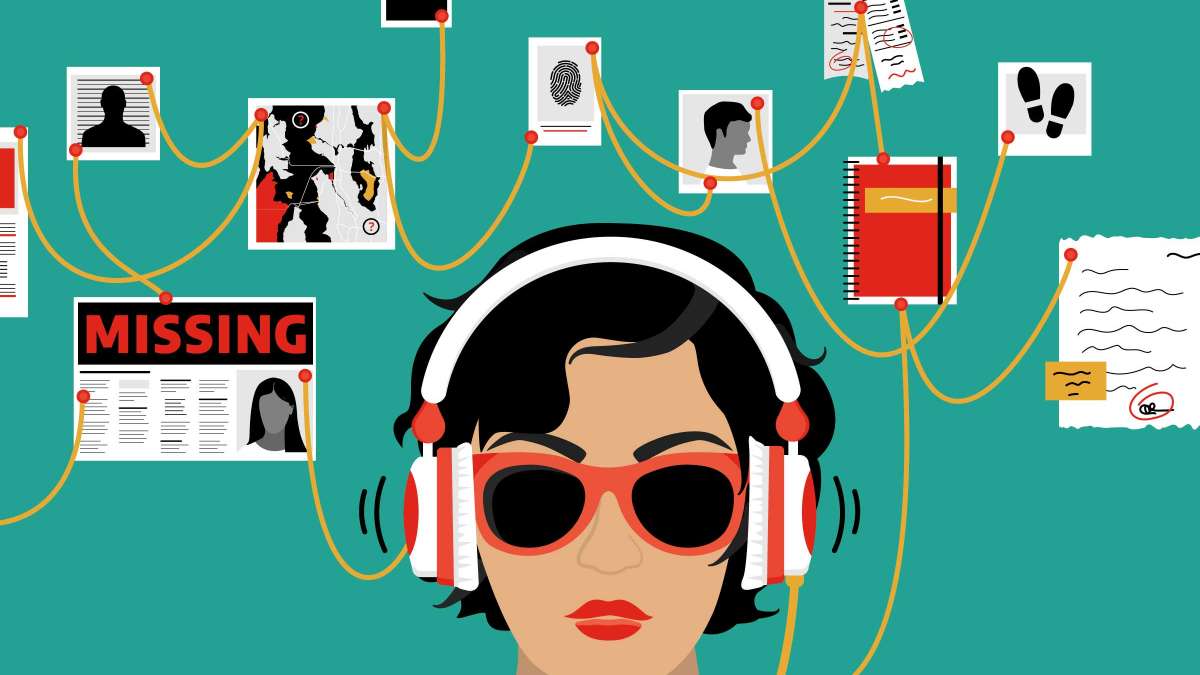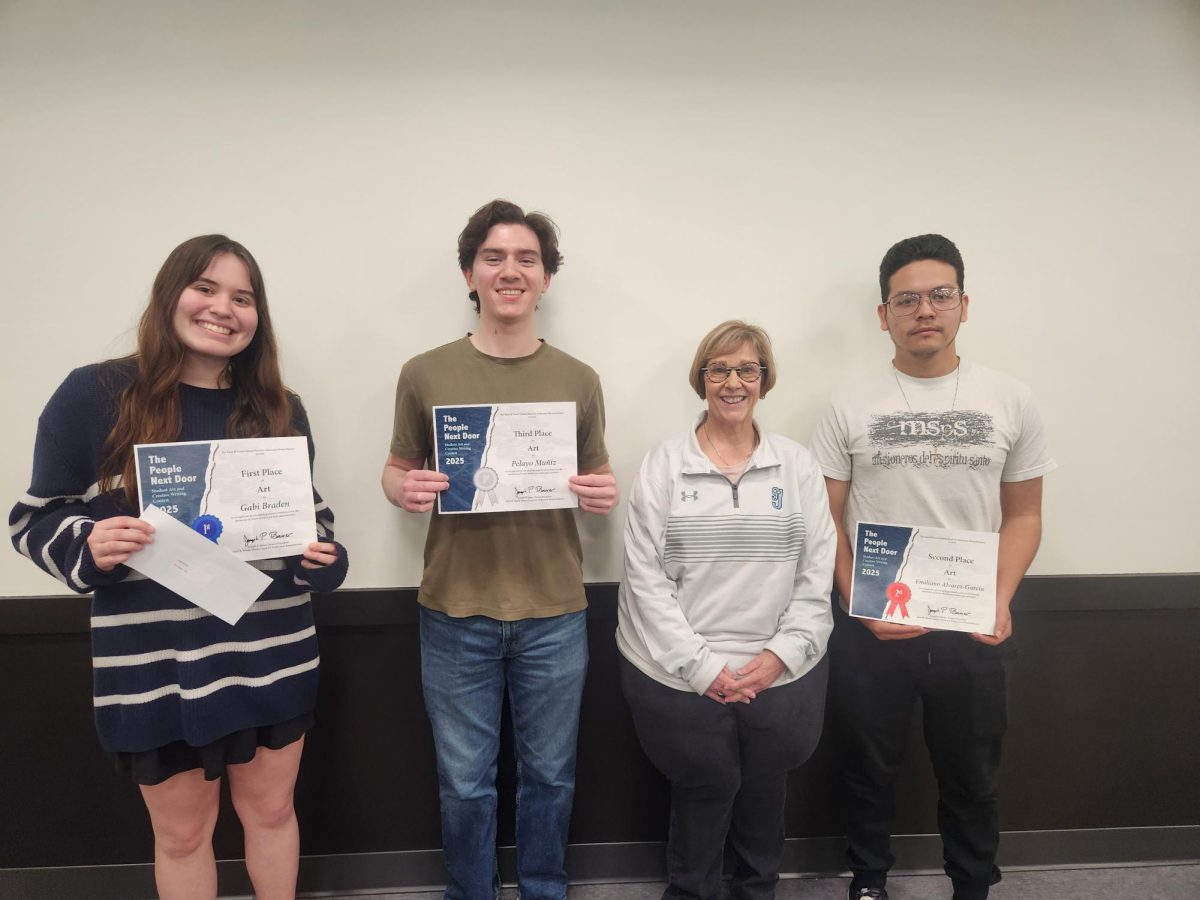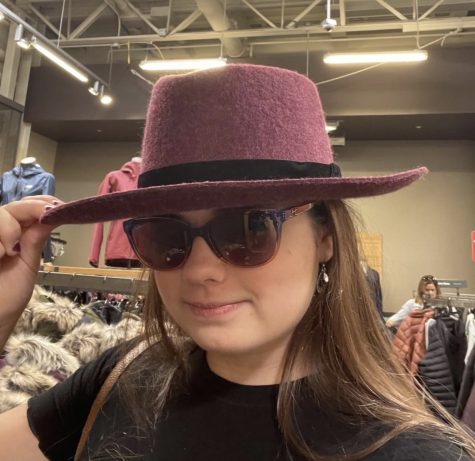True Crime media has arguably been around since the 1620s or 1630s, with one of the first documented examples being English prison chaplain Henry Goodcole’s publications of the stories and confessions he heard from within the walls of Newgate Prison, a notorious prison that was known for its unruly inmates.
During the COVID-19 quarantine especially, there has been a modern day obsession with the true crime genre, and it makes sense. It’s human nature to be curious about the grim and mysterious. There’s something about humans doing inhumane things that draws people in.
But a question arises: is true crime as a form of entertainment morally defensible?
While it’s true that many of the cases that become the subject of true crime podcasts, youtube videos, netflix shows, et cetera, exist as public documents that can be read by anyone, is it right for anyone to turn someone’s traumatic experience into entertainment, essentially?
Those in support of the true crime genre highlight the educational value, asserting that it sheds light on justice systems and forensic science. They also argue it can lead to justice, closure, and even empowerment for victims and society.
However, some argue against this kind of sentiment. There are valid concerns about exploitation and sensationalism, as true crime will sometimes prioritize entertainment over respecting the victims or general ethics. Additionally, there’s worry about re-traumatizing victims and their families by turning their tragedies into entertainment.
There have been recent instances of companies as prominent as Netflix—the biographical drama “Dahmer” being a prime example—not even asking victims’ families for permission to portray the victims in their media.
Unfortunately, I cannot give a universally correct answer to the proposed question. My thought process on this topic would be that as long as the victims and/or family members in question give permission to have documentaries, podcasts, et cetera made about them, then it would be ethical. That would be the “morally correct” way to go about it. Those affected by these tragedies would be properly respected, and they may even receive the aforementioned closure and empowerment that the public hopes they are getting.








